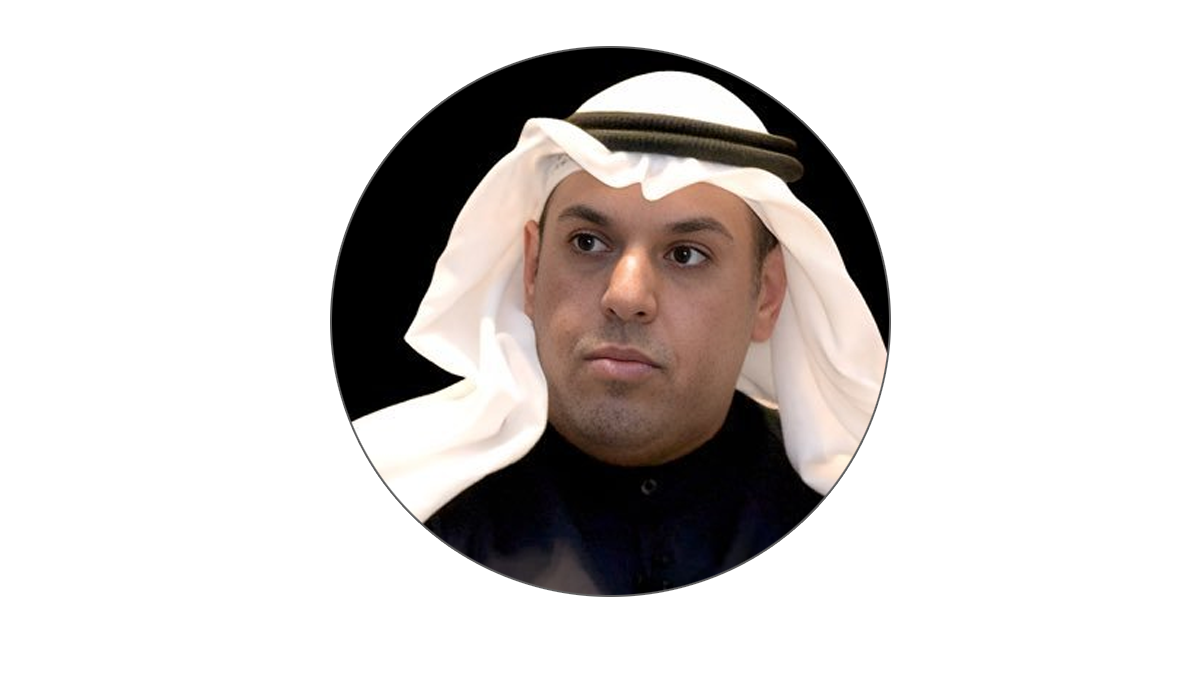24/07/2025
24/07/2025
IN 1948, Tahiya Carioca, an Egyptian belly dancer turned actress, used her public voice to rally support for the Palestinian cause. She called on fellow artists to take a stand and speak out for justice. Carioca was not an exception in her time.
In the mid-twentieth century, Arab artists were deeply connected to the struggles around them. Voices from Cairo, Baghdad, Damascus, and beyond stood openly with Palestine. Singers voiced their support. Poets recited in public squares. Theatre served as a tool for awareness, not a means of escape. There was little room for confusion, and occupation was named for what it was.
Today, the landscape has shifted. Some artists have become envoys for normalization, collaborating with Israeli counterparts under slogans like “building bridges” or “breaking barriers” — as if decades of displacement and repression were simply a misunderstanding. Of course, not everyone engaging across divides does so cynically. Some may truly believe that dialogue, even under conditions of injustice, can plant the seeds of something better. But we must be honest about the power dynamics at play — and about the risk of confusing normalization with justice.
Carioca stood truly and firmly with the oppressed. She understood that recasting injustice as dialogue is a form of betrayal. Many today sugarcoat silence as realism. Worse than silence is the deliberate twisting of truth to fit the aggressor’s narrative. Supporting Palestine today can lead to censorship, exclusion, or quiet blacklisting.
Aligning with Israel, by contrast, often unlocks access to funding, favorable media coverage, polite applause — and the occasional crumbs of financial reward. I have experienced this dynamic myself. Not everyone responds this way. Some have engaged me with real curiosity, even when we disagreed. But increasingly, what should be honest disagreement gets recast as hostility — or worse, antisemitism — simply for questioning the narrative. In one exchange, after calmly presenting documented facts, human rights findings, and a call for accountability on all sides, I received this reply: “You are spreading fake information, wrong numbers and hatred. I will not enter the debate as it’s a social media antisemitic tsunami… a narrative battle Israel lost long ago.”
When this is the response to reasonable questions, the problem is no longer disagreement — it is the unwillingness to engage at all. There was a time when Arab artists, writers, and public voices stood openly for Palestine. Today, many turn away from the atrocities Palestinians endure. But if even the image of slight harm befalls an Israeli, the outrage among many Arabs is immediate, the sympathy unconditional, and the moral framing absolute.
The world does not lack the ability to feel. It chooses where to look. This is not a call to sever dialogue. On the contrary, we need more of it, but rooted in truth, not selective empathy. Real peace isn’t born from politeness. It begins with the courage to name injustice, to confront what each side holds as truth, and to seek not an illusion of balance, but a shared solution that ends suffering, not prolongs it with ambiguity.
By Abdulaziz Al-Anjeri



